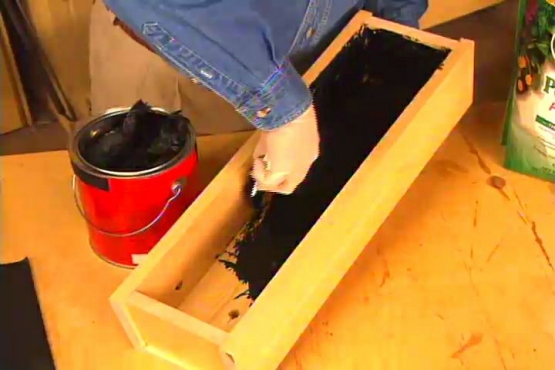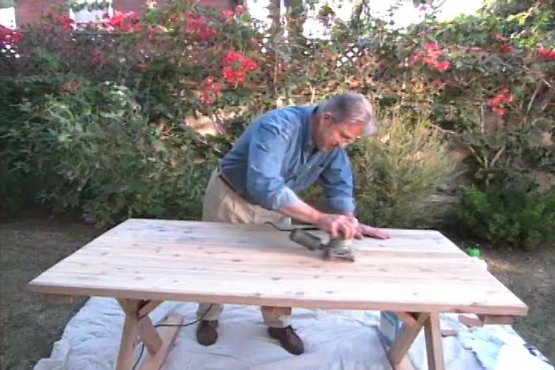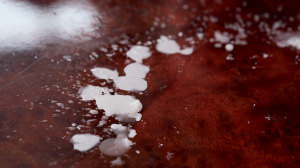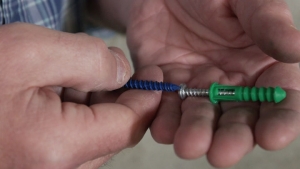How to Use a Waterproofer for Exterior Surfaces
Seal Porous Outdoor Objects with Multi-surface Waterproofer to Prevent Water Absorption and Related Damage Such as Freezing and Cracking
Protect porous outdoor objects from absorbing water to preserve their appearance and help stop them from freezing and cracking during the winter. Apply multi-surface waterproofer with a spray to concrete birdbaths, terracotta pots, wooden bird houses and feeders, and paper maps. Let the treated surface dry for 48 hours and know they're sealed when the water beads on the surface.
Read More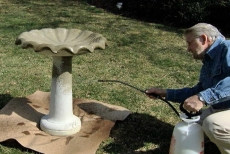
Apply Multi-Surface Waterproofer to Large Areas with a Garden Sprayer
Spray large areas, such as a concrete birdbath, with multi-surface waterproofer from a garden sprayer. Pour the solution in, pump it up, and spray about 12 inches from the surface in even strokes to avoid pooling. Cover the work surface.
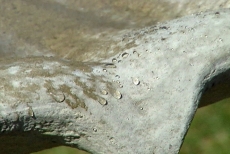
Dry for 48 Hours and Perform a Splash Test
Let the treated surface dry for 48 hours. Splash a limited amount of water onto determine if it beads and demonstrate that the surface is sealed. If not, another coat is required.
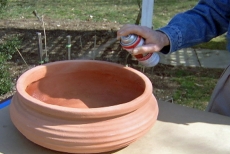
Spray Smaller Surfaces with Multi-surface Waterproofer from a Can
Protect smaller surfaces such as terracotta or other porous clay pots with multi-surface waterproofer in a convenient aerosol can.
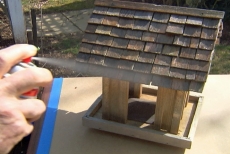
Use the Outdoor Multi-surface Waterproofer on Wooden Objects
Protect wooden objects such as birdhouses with the multi-surface waterproofer applied from an aerosol can. For a cedar bird feeder, the treatment protects the surface while letting the wood beneath age naturally.
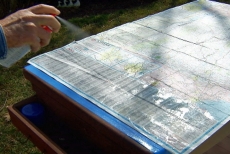
Waterproof Maps and Charts with Multi-surface Waterproofer
Waterproof maps and charts to protect them from the elements as you boat, camp, or hike. Lay the article out flat and coat one or both sides. On drying, the paper remains flexible but sheds water like a duck's back.
Related Tips
Blog Articles
Have You Heard of Landscape Glue?
You love the rustic charm of a gravel walkway, but the constant scattering of stones across your lawn and patio can be a real headache. Whether it’s from pets, lawn mowers, or just foot traffic, it seems impossible to keep those stones in place. Sound familiar? Well, Brian shows us a simple DIY method using landscape glue to keep your gravel path looking pristine and, more importantly, in place.
How to Remove Candle Wax Drips: Two Effective Methods
Candles create a warm and inviting atmosphere, but those pesky wax drips can be a real headache. Luckily, Brian shows us a couple of effective methods to tackle this issue, and they involve two very different temperatures: hot and cold. Here, we'll explore two effective methods: one using cold and the other using heat.
Guide to Hanging on Masonry Walls
Ever wondered how to hang that picture frame or shelf on a brick or concrete wall? It can seem daunting, but with the right tools and techniques, it's a straightforward DIY project. This guide breaks down two common methods: using concrete screws and using anchors, making it easy for you to tackle your next hanging project.
